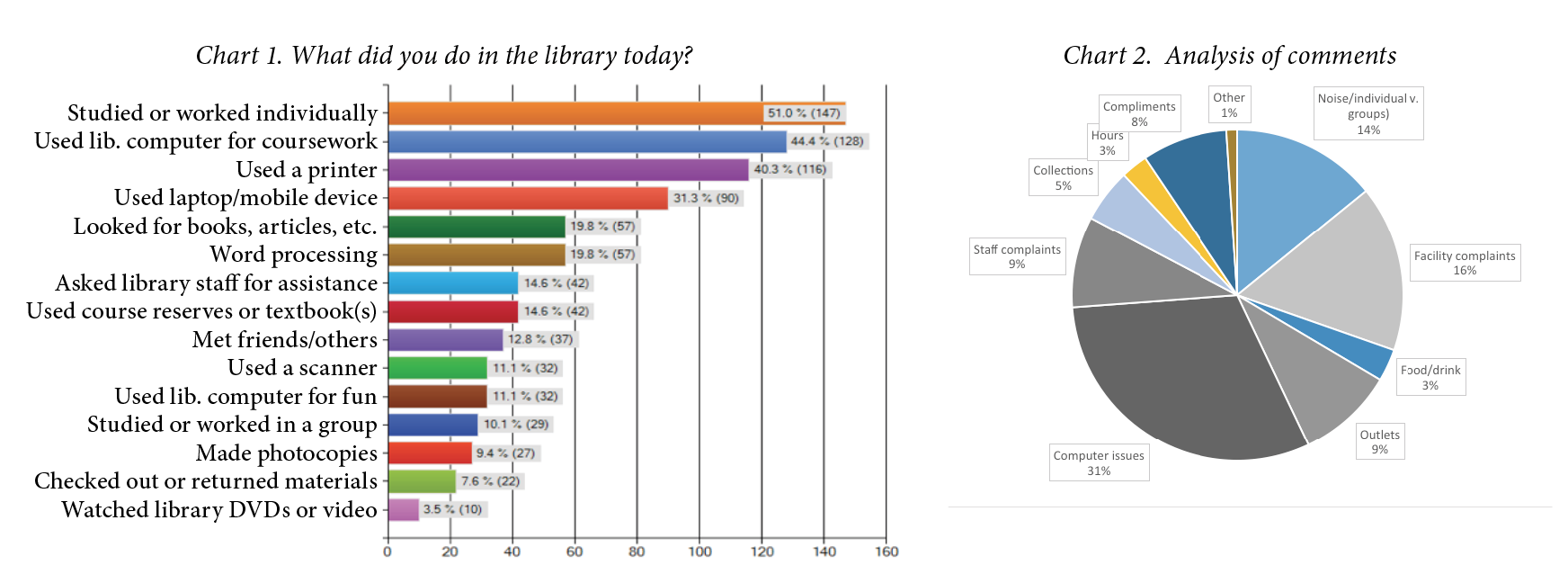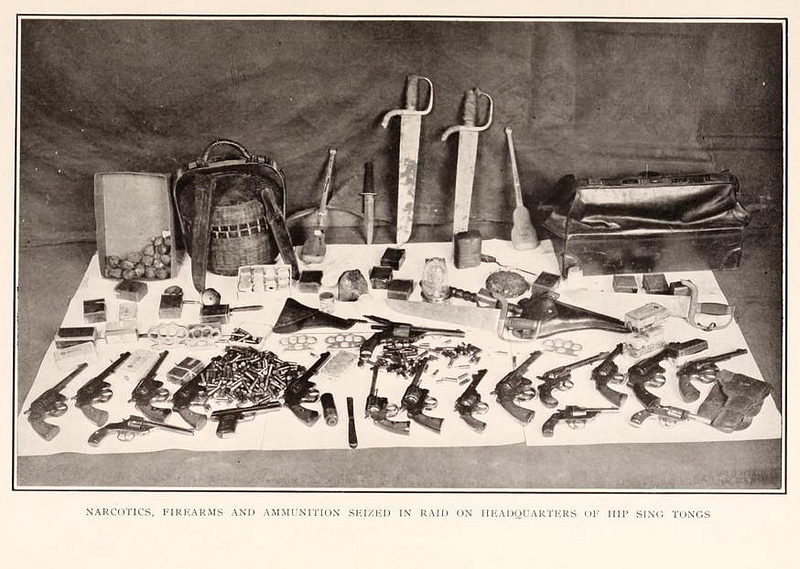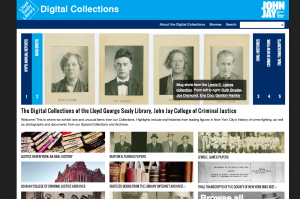Photo: Reception for the Brownsville Boys exhibit
Associate Dean and Chief Librarian Larry E. Sullivan published the book The Brownsville Boys: Jewish Gangsters of Murder, Inc. (library record) in December 2013 with the Two Ponds Press. The book, with all its plates, framed, is on exhibition in the President’s Gallery through May 30 and was featured in the New York Times on March 20. His co-authored (with Brenda Vogel) article, “Reachin’ Behind Bars: Library Outreach to Prisoners, 1798-2000,” first published in 2003 and then again in 2009, has been reprinted in John Kleinig and Charles Sturts’ edited volume Prisoners’ Rights (Ashgate 2014). In January, Sullivan spoke on the importance of Special Collections for criminal justice libraries at the American Librarian Association Midwinter Meeting in Philadelphia. He is also Editor-in-Chief of the recently published (April 2014) Criminal Justice and Law Enforcement Annual: Global Perspectives (library record), to which Ellen Sexton and Maria Kiriakova contributed articles.
In January, Marta Bladek presented a paper, “From Russia, with Ambivalence: Young Women Immigrants in Recent Russian American Fiction” at the annual Modern Language Association convention in Chicago. She wrote about “DORA: The San Francisco Declaration on Research Assessment” for the Scholarly Communication Column in College & Research Libraries News (75.4:191-93). With Karen Okamoto, she published “What’s Theory Got to Do with It? Applying Educational Theory and Research to Revamp Freshman Library Workshops” in College & Undergraduate Libraries (21.1:19-36).
Robin Davis presented “Mug Shots, Rap Sheets, & Oral Histories: Building the Digital Collections at John Jay” in January at at METROcon, the annual conference of the Metropolitan New York Library Council. With Marta Bladek, she presented a poster, “Murder Mystery Challenge!”, at the CUNY games festival in January.
Janice Dunham reviewed the following titles for Library Journal: Berkshire Encyclopedia of Sustainability, Vols 7-10 [Country Studies] (6/1/2013, p.136) and The Pocket Legal Guide to Patents (4/1/2014, p.110).
Jeffrey Kroessler published “Beyond the Bridge: the Unfinished Staten Island Parkways of Robert Moses and the Preservation of the Greenbelt” in New York History (Winter/Spring 2013) and “Preserving the Historic Garden Suburb: Case Studies from London and New York” in Suburban Sustainability (2.1 2014). He also had op-eds published in the New York Observer and the Daily News in defense of historic preservation in New York. Justice in New York: An Oral History, in which he interviewed major figures in criminal justice, is now published online in full in the Lloyd Sealy Library Digital Collections.
—



